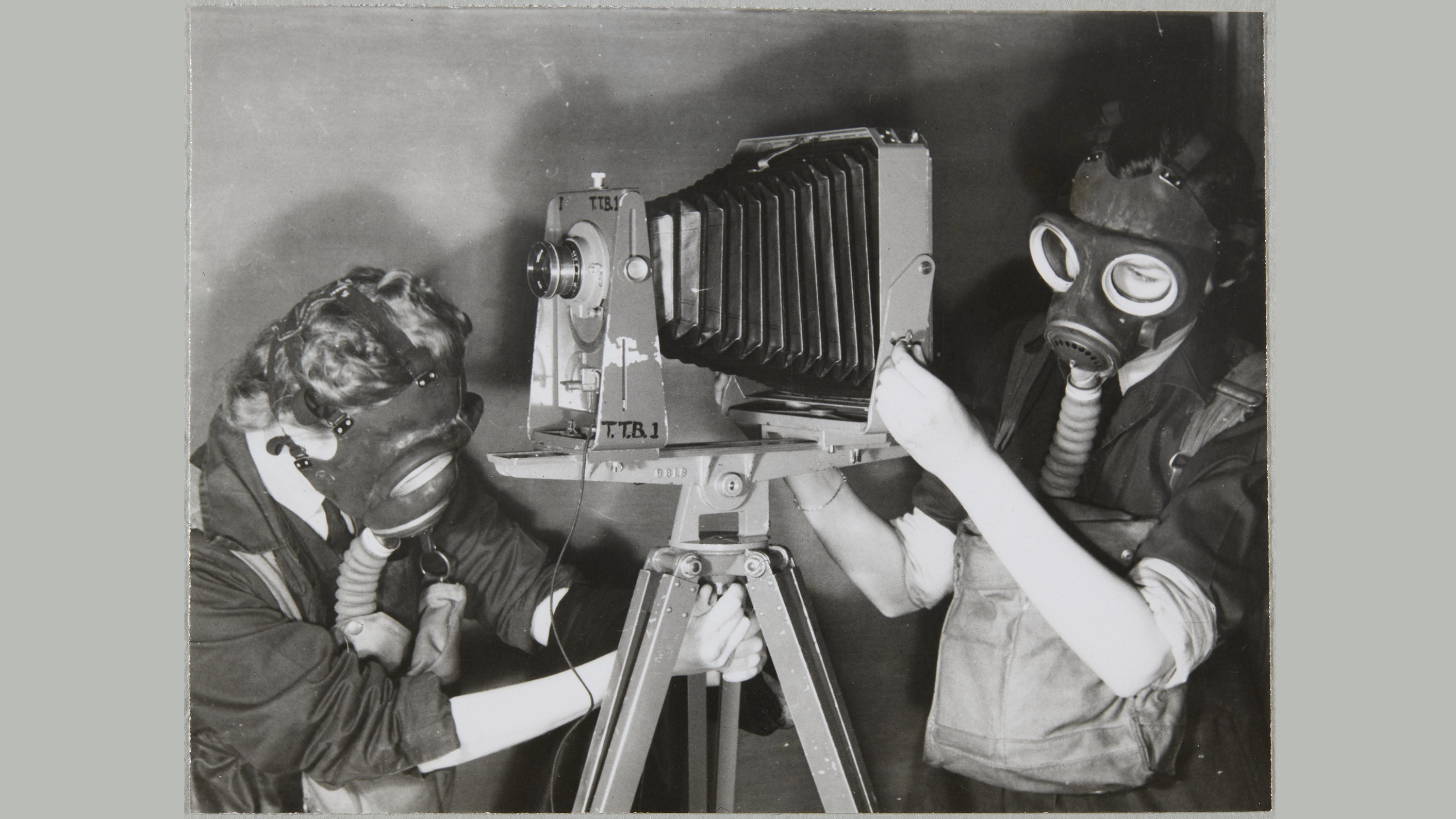If I had to buy a disposable camera, it would be these two
There are many disposable cameras, but I'd buy these two in heart beat!
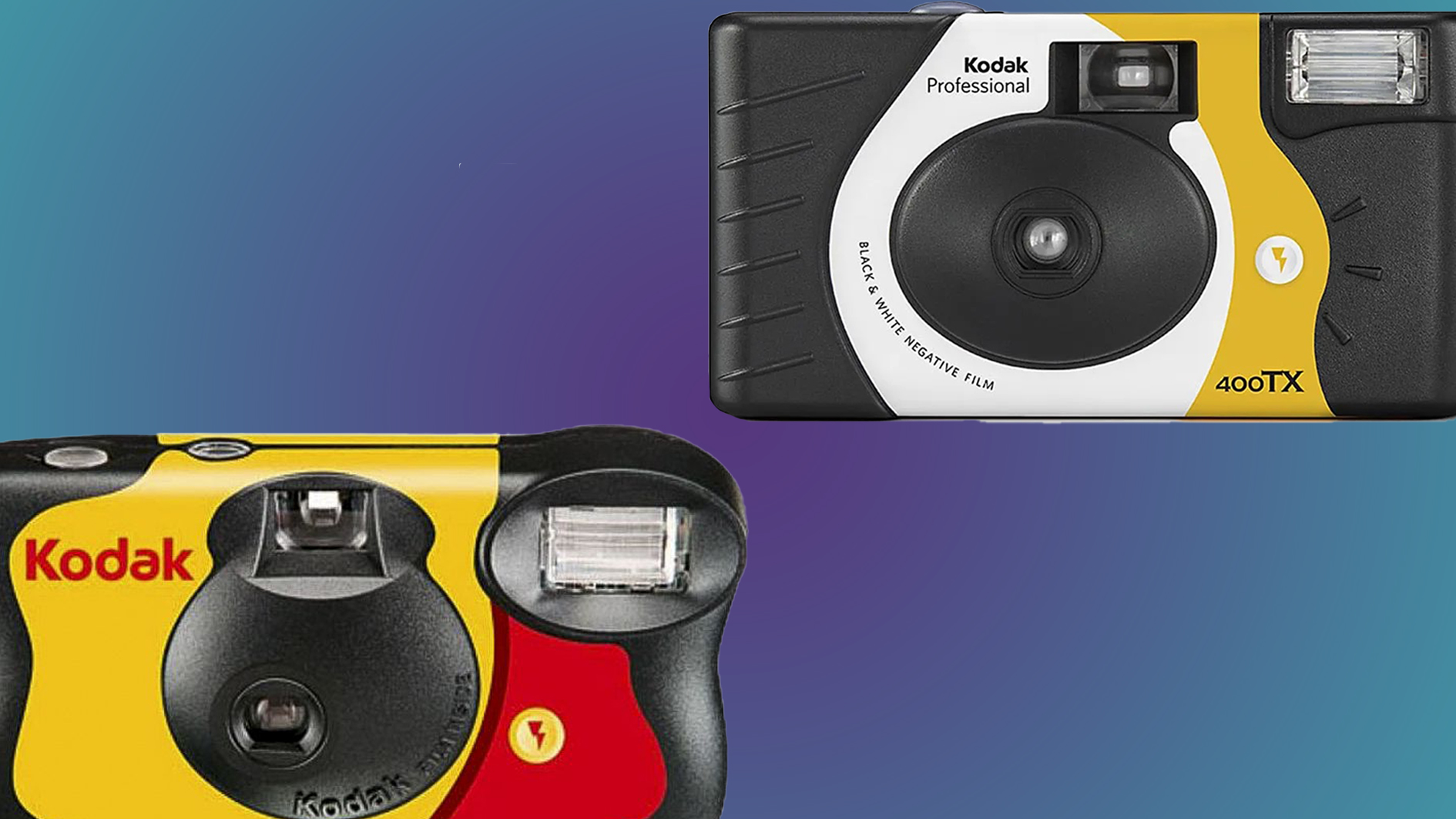
Buying a disposable camera is a fun way to enjoy analog photography again, without having to invest a considerable amount of cash to get you going. The low cost of a disposable camera and ease of use make these little point-and-shoots great to pick at weddings, social gatherings or to record memories on holiday. Disposable cameras are a versatile, yet easy-to-use solution to get some of that film nostalgia.
There are many types of disposable cameras, from ones that shoot in color, black and white, or even those designed to be by the poolside and underwater. As a person that still shoots a lot of film in 35mm and 120 medium format, I have often used these disposable wonders when on holiday when I don't want to take my more expensive, professional cameras along for the ride.
So here are my thoughts and recommendations for a great disposable camera to give you that film feeling, without the heavy price tag!
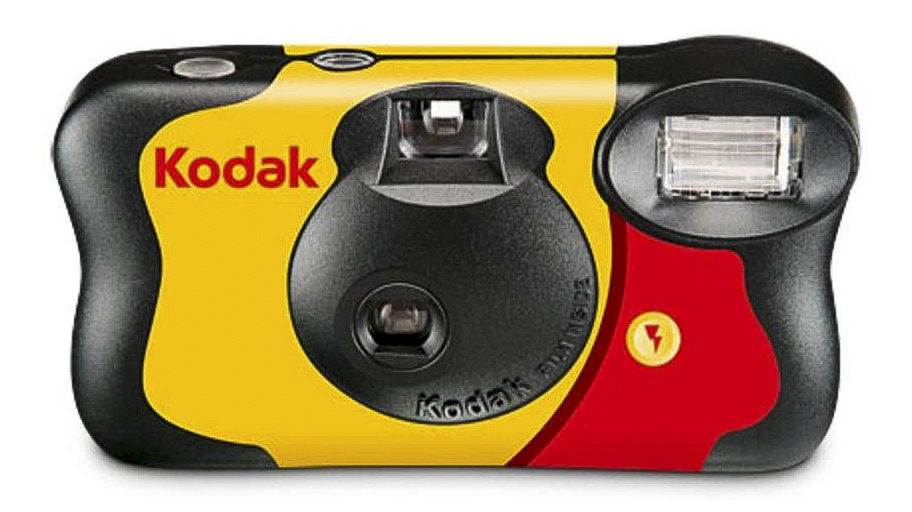
1. Kodak FunSaver Single Use Camera
Specifications
Reasons to buy
Reasons to avoid
This brightly colored disposable camera ups the usual 27 exposures to a generous 39 on Kodak Kodacolor film, so you are already starting with a bargain! It also comes with a built-in flash offering a 4ft to 10ft range, so if party flash is your views this little gem wont disappoint. This is a plastic-fantastic all wrapped in a durable plastic casing that should withstand a few knocks, but its not going to be the most rugged camera, so look after it if you can!. It feels like the adage ‘can’t go wrong’ should have been invented for cameras such as this.
Note: 27-exposure versions also exist, but the "27+12" 39-exposure option is usually better value, and we all love getting more bang for our buck!
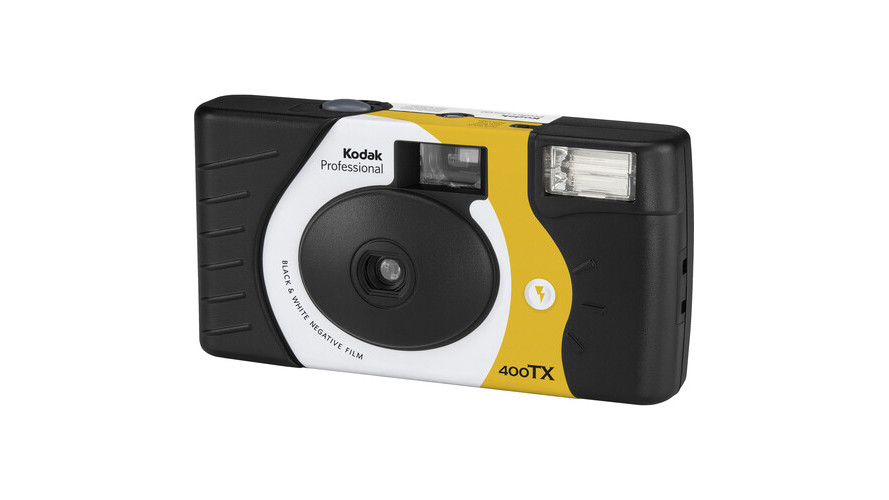
2. Kodak Tri-X 400 Single Use Camera
Specifications
Reasons to buy
Reasons to avoid
Now if you're anything like me, you will love the look and feel of black and white photography, Kodak's Tri-X 400 is one of the most famous monochrome films of its era, with many photographers falling in love with it for its dramatic, contrast-y look. Now, it's available in a disposable camera, which may make for the perfect gateway drug for anyone looking to dip their toes into analogue photography.
As well as getting 27 shots of wonderful Tri-X at your disposal, you also get what Kodak describes as the most powerful flash on a disposable camera, which perfectly complements the high-key drama of the Tri-X film stock, making your images look like a million dollars - This really is champagne results for beer money and quite possibly the best black and white solution on the market if you want to dip your toes into the world of black and white for cheap.
Get the Digital Camera World Newsletter
The best camera deals, reviews, product advice, and unmissable photography news, direct to your inbox!
Some photographers think that you should buy a film camera over a disposable one, and we've got plenty of ideas on the best film cameras.
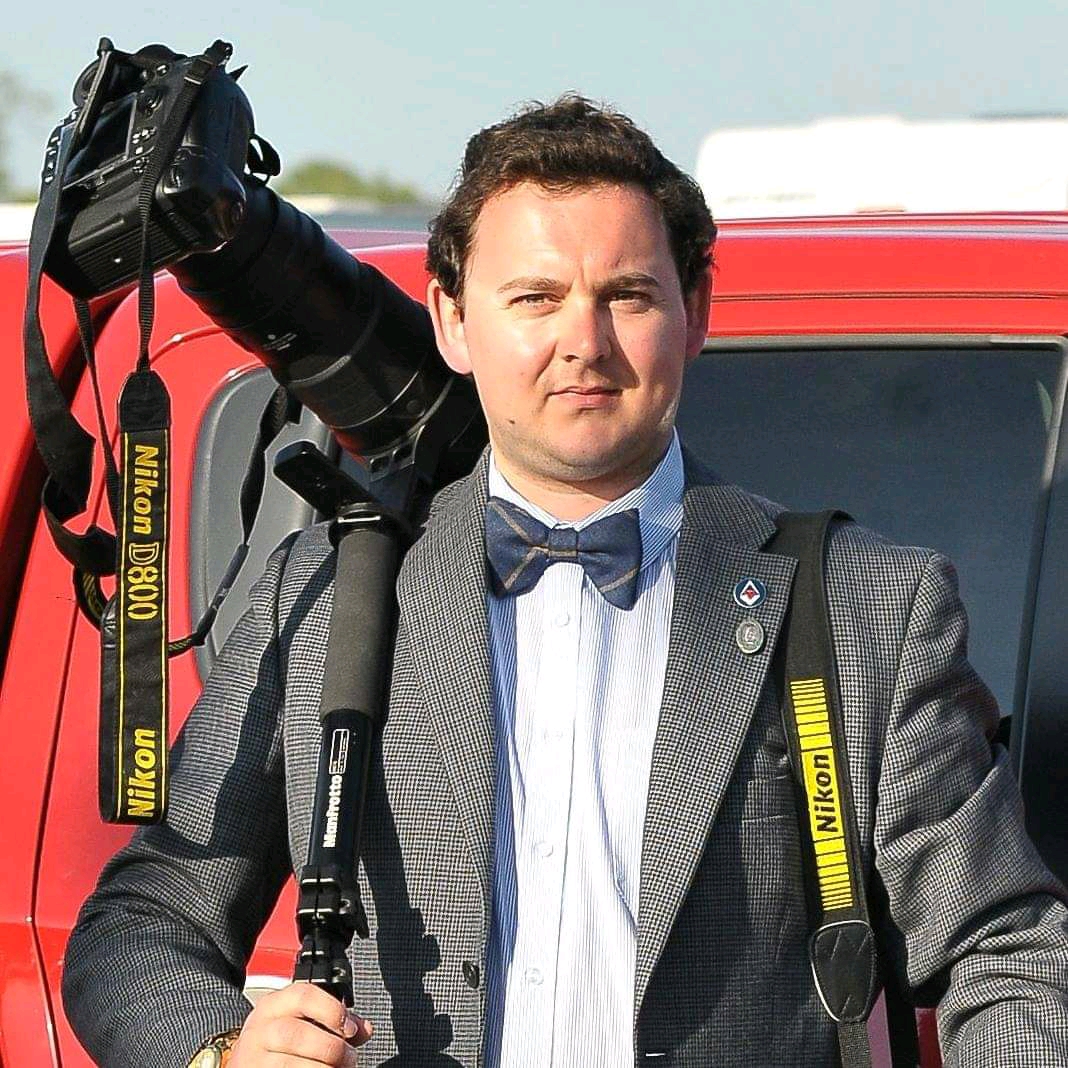
For nearly two decades Sebastian's work has been published internationally. Originally specializing in Equestrianism, his visuals have been used by the leading names in the equestrian industry such as The Fédération Equestre Internationale (FEI), The Jockey Club, Horse & Hound, and many more for various advertising campaigns, books, and pre/post-event highlights.
He is a Fellow of the Royal Society of Arts, holds a Foundation Degree in Equitation Science, and holds a Master of Arts in Publishing. He is a member of Nikon NPS and has been a Nikon user since his film days using a Nikon F5. He saw the digital transition with Nikon's D series cameras and is still, to this day, the youngest member to be elected into BEWA, the British Equestrian Writers' Association.
He is familiar with and shows great interest in 35mm, medium, and large-format photography, using products by Leica, Phase One, Hasselblad, Alpa, and Sinar. Sebastian has also used many cinema cameras from Sony, RED, ARRI, and everything in between. He now spends his spare time using his trusted Leica M-E or Leica M2, shooting Street/Documentary photography as he sees it, usually in Black and White.
